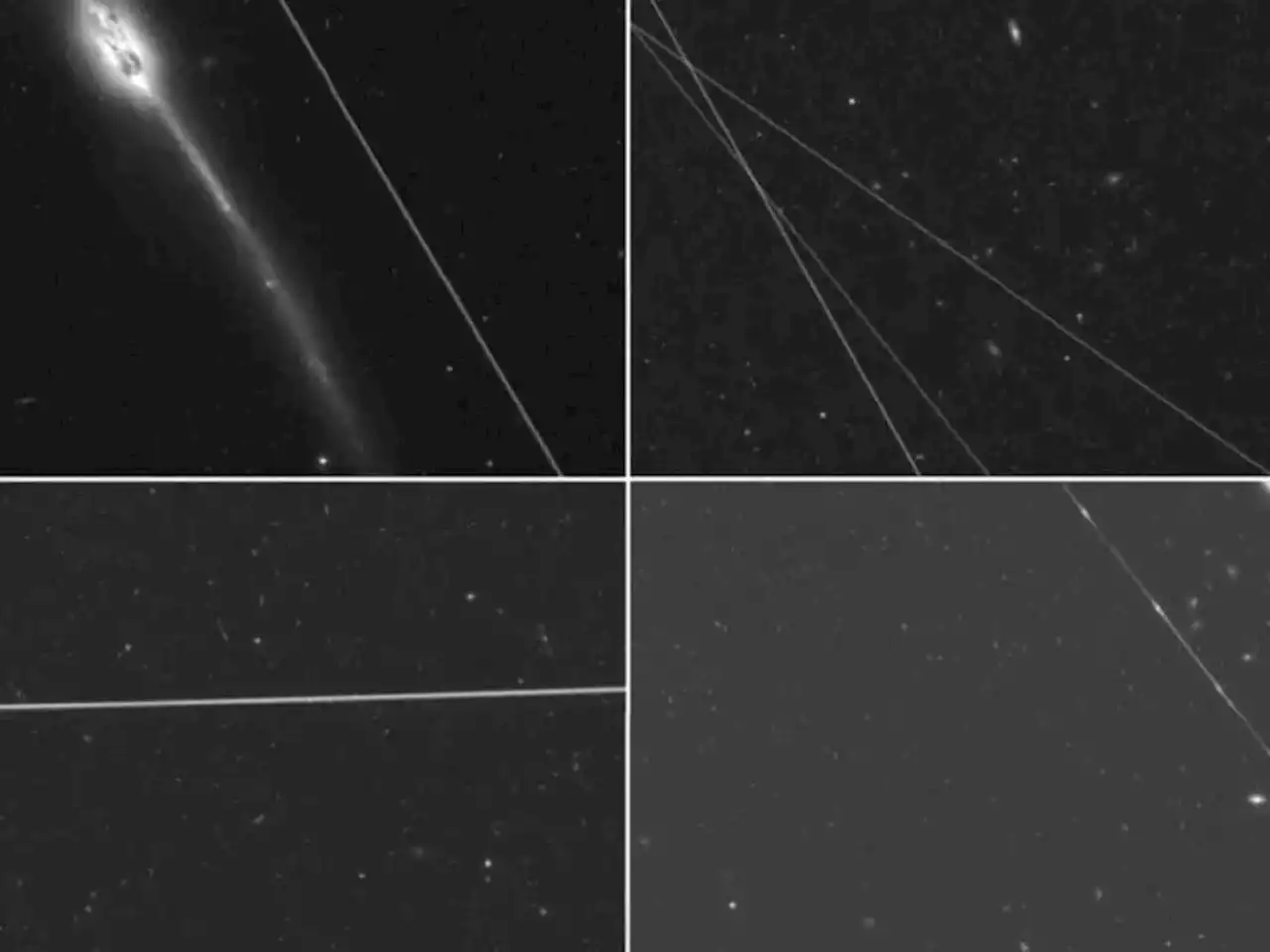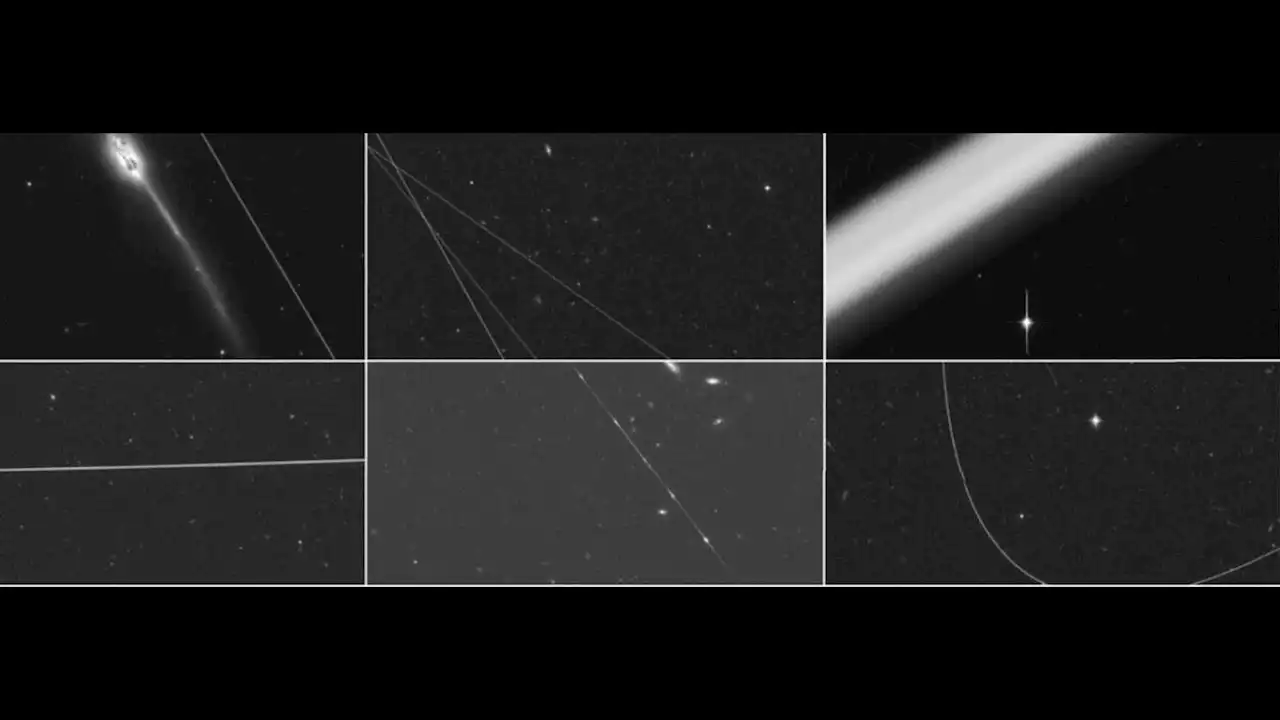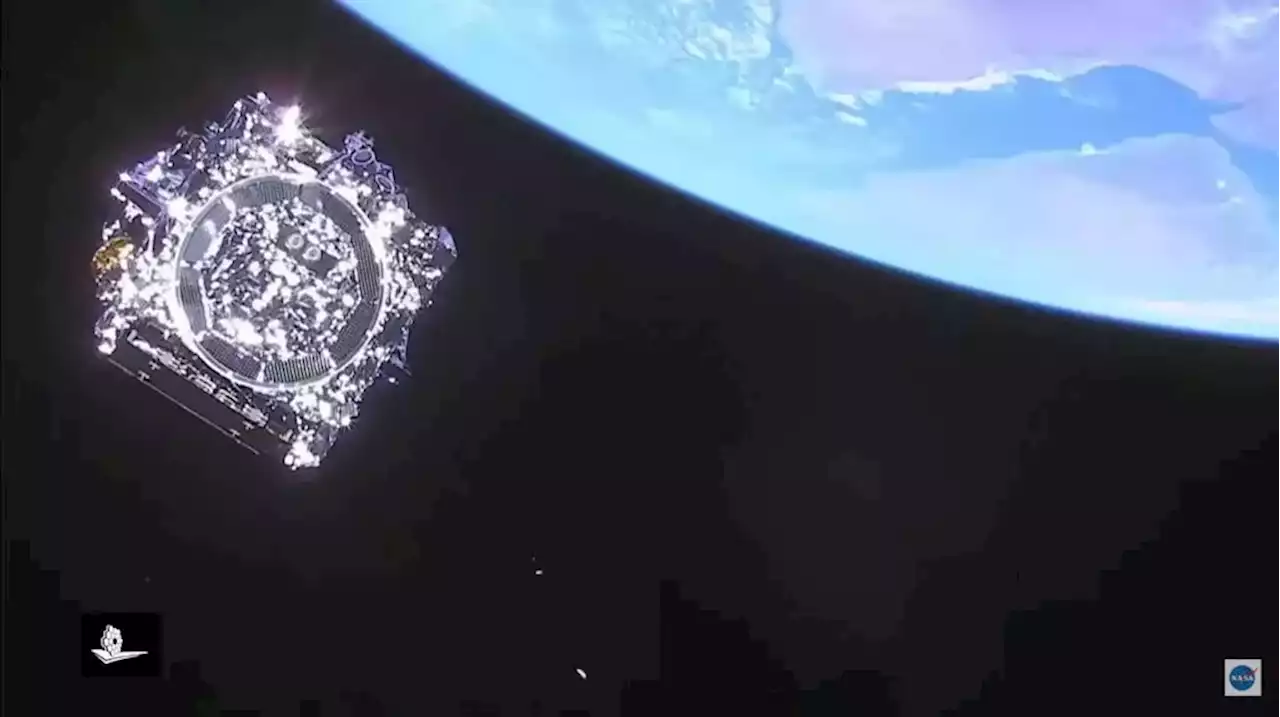Ben Turner is a U.K. based staff writer at Live Science. He covers physics and astronomy, among other topics like tech and climate change. He graduated from University College London with a degree in particle physics before training as a journalist. When he's not writing, Ben enjoys reading literature, playing the guitar and embarrassing himself with chess.
The James Webb Space Telescope has spotted the earliest known galaxy to ever be"quenched" — suddenly and mysteriously halting its star formation — and scientists think the supermassive black hole in its center could be to blame.
Related: James Webb Telescope spots galaxies from the dawn of time that are so massive they 'shouldn't exist' Enter the James Webb Space Telescope . The $10 billion space observatory was designed to read the earliest chapters of the universe's history in its faintest glimmers of light — picked up by the telescope’s infrared sensors — after being stretched out from billions of years of travel across the expanding fabric of space-time. Studying GS-9209 with the JWST revealed that the distant galaxy roared into life 600 million years after the Big Bang with an enormous burst of star formation.
"Typically, the galaxies we see today have had access to about five times as much gas or more than they formed stars. This result and some others are beginning to point now to that ratio being a bit higher in the early universe," Carnall said."The emerging picture is that at the highest redshifts [the furthest back in time] galaxies are capable of forming more of the available gas into stars.
United States Latest News, United States Headlines
Similar News:You can also read news stories similar to this one that we have collected from other news sources.
 Radio Telescope Spots Tons of Water in Distant Protoplanetary DiscThe finding suggests Earth’s water predates the solar system.
Radio Telescope Spots Tons of Water in Distant Protoplanetary DiscThe finding suggests Earth’s water predates the solar system.
Read more »
![]() Video of Florence Cathedral Sparks Debate on Samsung's 100x Space ZoomPeople can't agree on whether Samsung's powerful 100x Space Zoom is good or not.
Video of Florence Cathedral Sparks Debate on Samsung's 100x Space ZoomPeople can't agree on whether Samsung's powerful 100x Space Zoom is good or not.
Read more »
 Hubble space telescope is being photobombed, study findsSpaceX largely to blame, as more and more images of the cosmos feature an artificial satellite in the shot
Hubble space telescope is being photobombed, study findsSpaceX largely to blame, as more and more images of the cosmos feature an artificial satellite in the shot
Read more »
 Hubble Space Telescope images increasingly affected by Starlink satellite streaksOver 5% of recent Hubble Space Telescope images examined in the study contained Starlink satellite trails.
Hubble Space Telescope images increasingly affected by Starlink satellite streaksOver 5% of recent Hubble Space Telescope images examined in the study contained Starlink satellite trails.
Read more »
 What You Need to Know About The Mandalorian's Massive New MonsterEpisode 2 of The Mandalorian season 3, 'The Mines of Mandalore,' introduce a literally ginormous gamechanger for the Star Wars planet.
What You Need to Know About The Mandalorian's Massive New MonsterEpisode 2 of The Mandalorian season 3, 'The Mines of Mandalore,' introduce a literally ginormous gamechanger for the Star Wars planet.
Read more »
 In Case You Missed It, Julia Fox Wore Furry Monster Legs to Paris Fashion WeekNo, that’s not hyperbole.
In Case You Missed It, Julia Fox Wore Furry Monster Legs to Paris Fashion WeekNo, that’s not hyperbole.
Read more »
